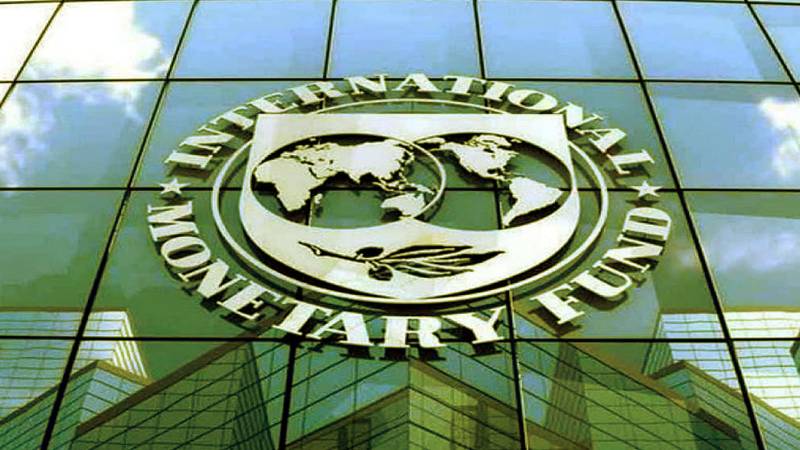
In a significant move, cash-strapped Pakistan and the International Monetary Fund (IMF) agreed to a three-year, $7 billion bailout package, the Washington-based agency said on Friday.
The new initiative, which must be approved by the fund's Executive Board, should assist Pakistan to "cement macroeconomic stability and create conditions for stronger, more inclusive, and resilient growth," the statement read.
This includes actions to bolster fiscal and monetary policy as well as reforms to broaden the tax base, improve state-owned enterprise (SOE) management, solidify competition, ensure a level playing field for investment, improve human capital, and expand social protection through increased generosity and coverage in the Benazir Income Support Programme (BISP).
"The Pakistani authorities and the IMF team have reached a staff-level agreement on a comprehensive program endorsed by the federal and provincial governments that could be supported by a 37-month Extended Fund Arrangement (EFF) in the amount equivalent to SDR 5,320 million (or about $7 billion at current exchange rates)."
Faced by prolonged mismanagement, Pakistan's economy has found itself on the verge of collapse, hampered by the COVID-19 epidemic, the impact of the conflict in Ukraine, supply shortages that fueled inflation, and historic floods that affected one-third of the country in 2022.
With its foreign currency reserves diminishing, Pakistan faced a debt crisis and was compelled to appeal to the IMF, where it received its first emergency loan in the summer of 2023.
The new bailout, in the form of loans, comes after the government's vow to enact reforms, including a massive push to increase the country's tax base.
In this context, the government intends to enhance tax collections by 1.5% of GDP in FY25 and 3% of GDP over the program.
The newly passed FY25 budget calls for an underlying general government primary surplus of 1% of GDP.
Simpler and fairer direct and indirect taxation, especially incorporating net income from the retail, export, and farm sectors into the tax system, would help boost revenue collections.

